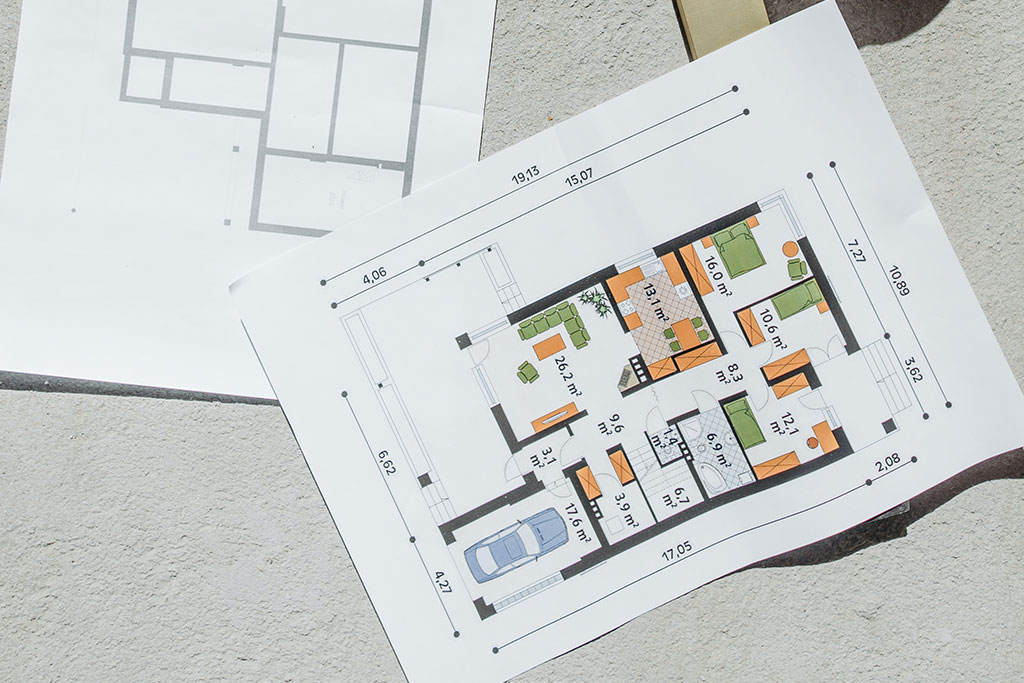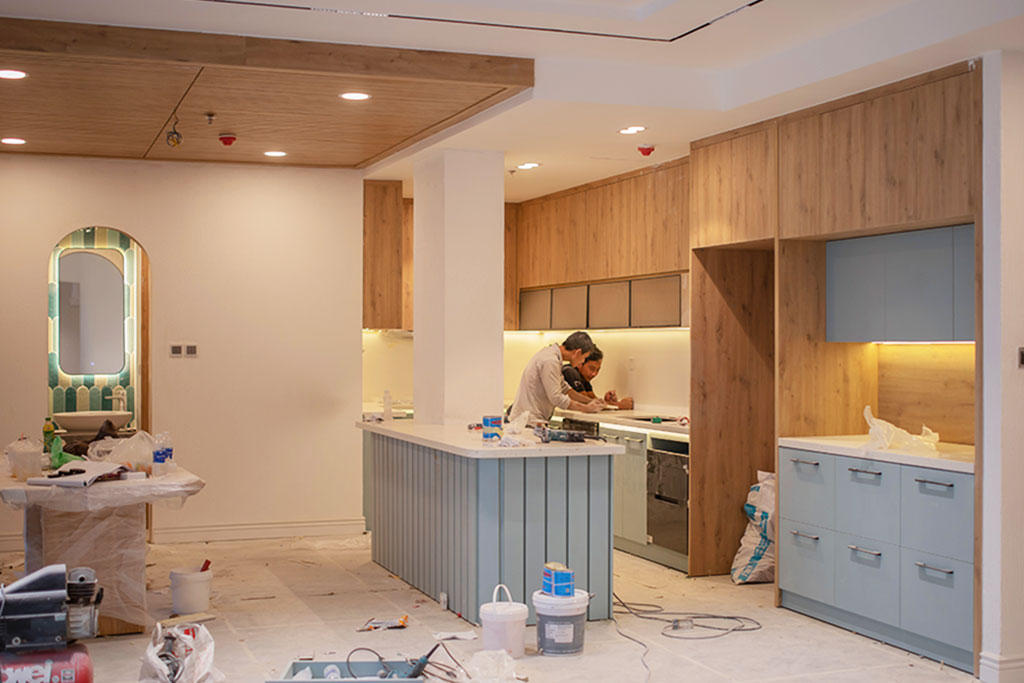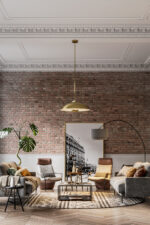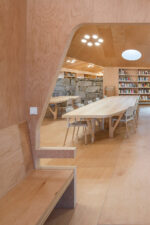Features That Impact Your Homeowners Insurance
Homeowners insurance is a crucial investment that protects your home and belongings from unexpected events like fires, theft, natural disasters, and liability claims.
But to ensure you have the right coverage, you need to give your provider accurate information about your home’s features. Here are a few key ones to focus on.

Construction materials and square footage
The materials used to build your home can impact your insurance premium since the associated fire, wind, and flood risks, along with the subsequent replacement costs, can differ significantly. It’s imperative to inform your insurer about what was used in your home, whether that includes wood, brick, concrete, or steel. Older homes featuring unique or historical materials might also require specialized coverage considerations.
Further, the size and layout of your home are essential factors in calculating your homeowners insurance premium. Your provider will need to know the total square footage, number of bedrooms and bathrooms, and any unique features like finished basements or attic spaces. This information will help them determine the cost of repairing or rebuilding your home in case of damage.
Upgraded safety features
Because many of these can reduce the risk of accidents and damage to your home, your homeowners insurance may cost less if you install them. For instance, monitored smoke detectors, a smart-home security system, and an indoor sprinkler system may all qualify you for a discount.
Attractive nuisances
Features like swimming pools, hot tubs, and trampolines are considered “attractive nuisances” because they are enticing to children yet dangerous, increasing your liability risk. If you have any of these, you may need additional coverage to safeguard yourself in case you become legally liable for a future accident.

Home improvements
As you improve your home, inform your provider of any projects that may affect your premium or coverage. For example, if you upgrade the electrical wiring and plumbing or replace the roof, you may be eligible for a discount on your premium. Meanwhile, adding square footage or updating your kitchen and bathrooms can increase your home’s value and affect your coverage needs, meaning you’d need to adjust your limits.
Special collections and valuables
If you have valuable collections, such as art, jewelry, antiques, or musical instruments, discuss them with your insurance provider. Standard homeowners policies have coverage limits for personal property, so depending on the value of these items, you may need to purchase additional coverage to adequately protect them.
Pets
Your insurers may inquire about the type and number of pets you have because certain breeds and exotic animals can affect your liability coverage. Dog breeds including pit bulls, rottweilers, German shepherds, and bull terriers, for instance, are typically considered more aggressive, therefore increasing your risk and, in turn, your insurance premium. Be up front about your pets to ensure you have the proper coverage in case of any potential incidents involving them.
Your homeowners insurance is a crucial safety net that protects your most significant investment—your home. Talk with your provider about any recent changes to your dwelling to make sure you have the right coverage and help minimize surprises during any future claims.


















